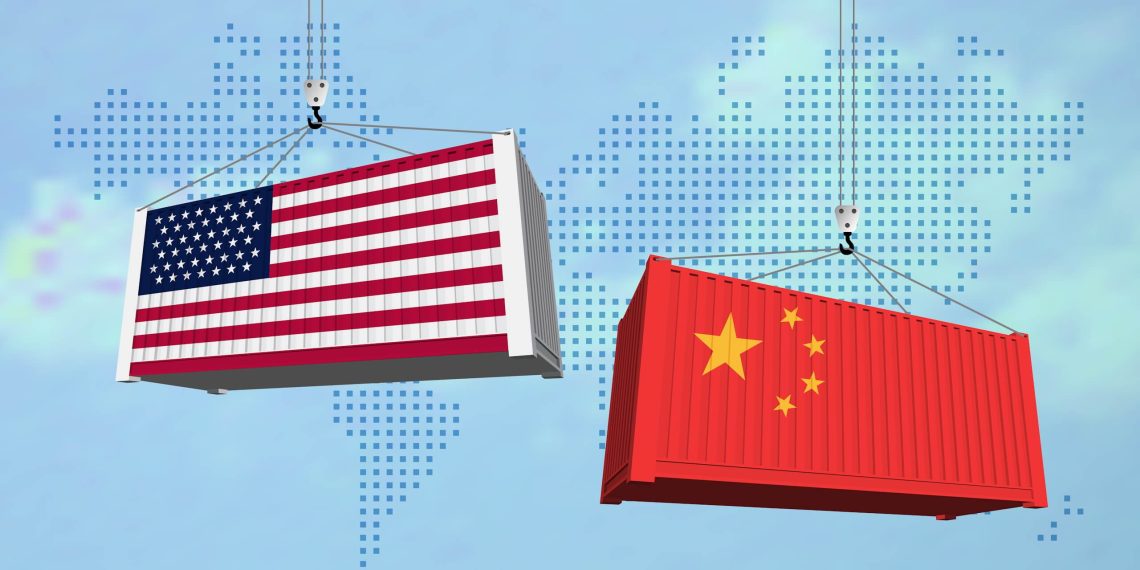The recent implementation of tariffs on Chinese goods, spearheaded by President Trump, marked a significant step towards rectifying long-standing issues in Sino-American relations. These tariffs, pivotal to President Trump’s policy, aim to transform China into a more accountable and equitable partner on the global stage. They address three pressing challenges: China’s predominant role in fentanyl production, its rampant economic espionage, and its blatant disregard for human rights.
Firstly, the unchecked manufacture and exportation of fentanyl by Chinese entities represent a severe threat to global health, especially in the United States, where the opioid crisis continues to wreak havoc. The tariffs introduced by President Trump are a direct measure to compel China to cease all illicit production of fentanyl, targeting the problem at its source and taking a vital step towards ending this epidemic.
Secondly, economic espionage is a fundamental aspect of China’s strategy to position itself as a technological leader at the expense of American businesses. The theft of intellectual property in China and in the United States by Chinese agents has become a significant barrier to innovation and fair competition in our trading relationship with them. Through tariffs, Trump’s administration is making it clear that the United States will no longer tolerate such obvious theft of our technology.
Finally, the human rights situation in China remains deeply concerning. The regime’s efforts to suppress dissent both within its borders and abroad—including aggressive actions against groups like Shen Yun, seen as adversaries by the Chinese Communist Party—demonstrate a profound disrespect for fundamental freedoms. Such behavior from a major global player necessitates a strong response from trading partners and allies who uphold human rights. The issue of human rights forms the cornerstone of individual liberty. As such, it is paramount that our international partnerships reflect this fundamental value. Continuing extensive economic relations with a country that consistently undermines human rights and shows no genuine intention of reforming poses a direct contradiction to our national principles.
This ongoing situation is starkly illustrated by China’s targeted campaigns against cultural expressions such as Shen Yun. Shen Yun, which seeks to revive and celebrate traditional Chinese culture—a culture suppressed within China itself—faces relentless attempts by the Chinese Communist Party to discredit and undermine its performances globally. The repeated interference with Shen Yun not only highlights China’s aggressive suppression of cultural and artistic freedom but also underscores the broader issue of its systemic human rights abuses. […]
— Read More: amgreatness.com


